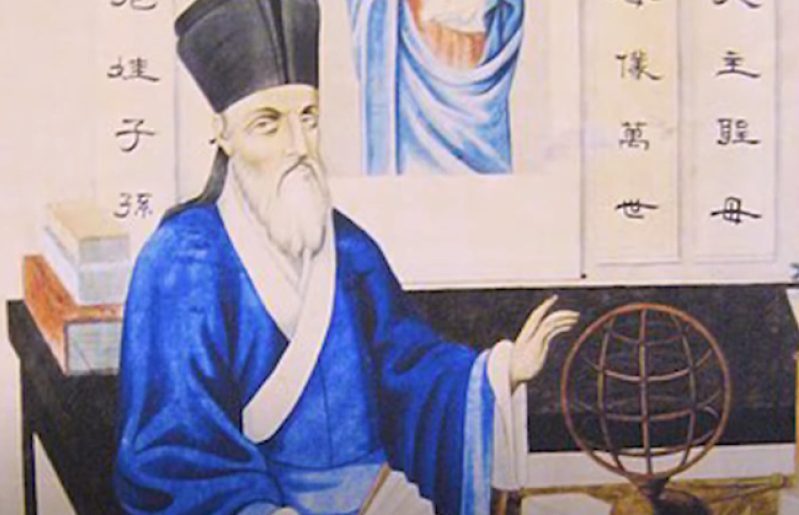
The Ricci Institute for Chinese-Western Cultural History at Boston College is set to host a four-day international conference in Hong Kong, focusing on the Christian heritage of East Asia. Participants will also have the opportunity to join "two evening historical site tours" with a special emphasis on the Christian history of Macau.
This four-day conference will take place from December 10 to 13 in Hong Kong and is co-organized by the Ricci Institute for Chinese-Western Cultural History at Boston College and the Department of Chinese at the University of Hong Kong's Faculty of Arts. The theme of the conference is "The Historical Legacy of Christianity in East Asia: Bridging the Next Generation of Scholars and Academia."
The conference will feature multiple lectures delivered by senior scholars and include interactive sessions. These sessions will feature senior editors from Brill Academic Publishers, a Dutch academic journal and book publisher, along with other scholars. Additionally, invited experts will provide individual mentorship to attendees.
The conference will be conducted in English, and participants will have the opportunity to join "two evening historical site tours" focused on the Christian history of Macau.
Scholars interested in attending this conference must meet certain qualifications, including having completed a PhD and dissertation defense, or having earned a PhD within the past five years and currently engaged in research or teaching, such as postdoctoral researchers, independent scholars, or early-career academics.
As part of this initiative, the Ricci Institute has launched the focal series "East Asian Christian History Studies," which aims to delve deeper into topics within this field.
According to the Ricci Institute for Chinese-Western Cultural History's online information, the primary goals of this academic event include:
- Establishing a new platform for communication and promoting research on the history of Christianity in East Asia.
- Conducting in-depth analysis of themes related to East Asian Christianity, publishing primary sources in multiple languages, and undertaking significant translation work.
- Expanding the understanding of Chinese Christian studies by incorporating historical perspectives from Japan and Korea.
- Promoting the ongoing development of this academic field through targeted seminars, scholarships, and publications, thereby connecting scholars from diverse cultural backgrounds.
- Providing practical training for the next generation of scholars worldwide to help them effectively communicate their research within their respective and other academic traditions.






